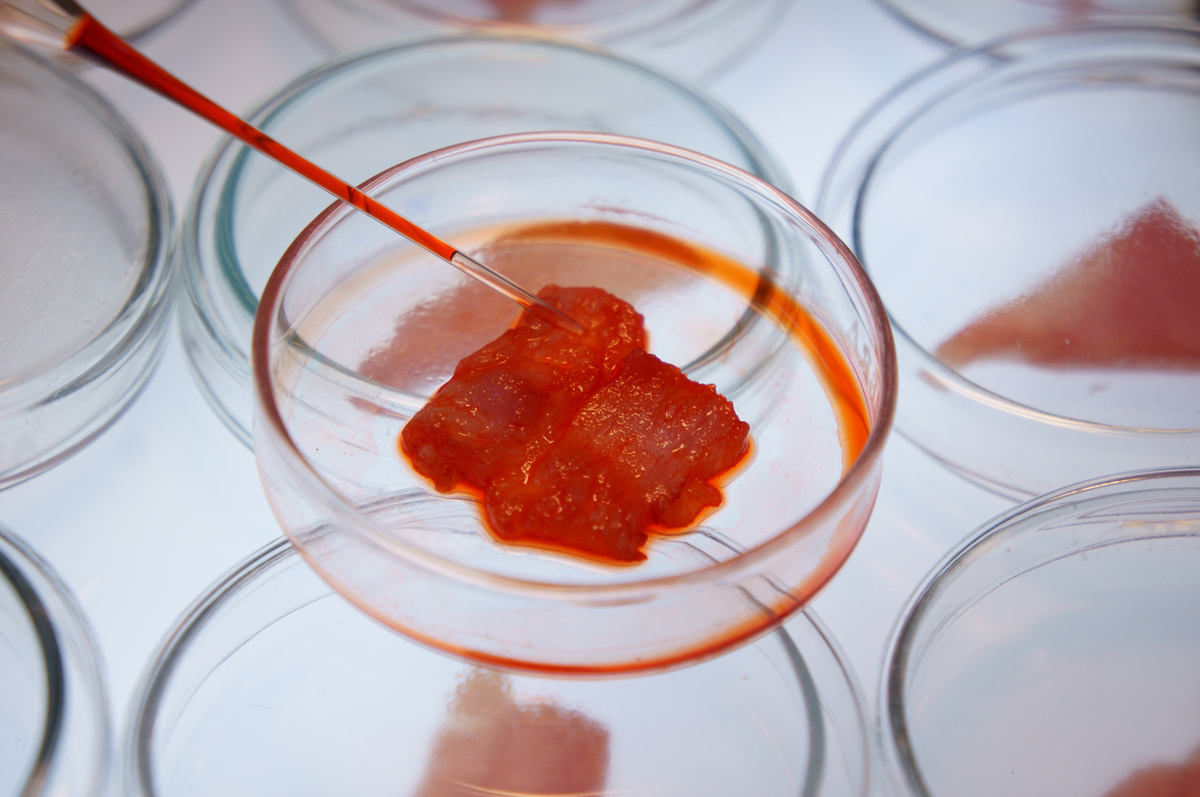
McGill Researchers Use Vibrations to Strengthen Lab-Grown Tissues
August 27, 2025| |
Scientists from McGill University's Department of Mechanical Engineering have discovered a safe and low-cost method to engineer living materials, such as tissues, organs, and blood clots, through vibrations. The findings, published in Advanced Functional Materials, could open new innovative applications for organ transplantation, wound healing, and regenerative medicine.
The research team used a speaker to apply controlled vibrations, which guided how cells organize and how strong or weak the final product could become. Unlike previous methods relying on magnets or ultrasound, this new technique proved widely adaptable and safe. “Mechanical nudging allows us to make the material up to four times stronger or weaker, depending on what we need it to do,” said Aram Bahmani, study co-author and a Yale postdoctoral fellow.
A series of tests on blood-based gels, plasma, and seaweed-derived alginate showed the technique works both in the lab and inside the body without harming healthy tissues. The researchers believe the method could eventually be integrated into medical devices such as smart bandages or portable tools to stop bleeding. Bahmani said that further testing and regulatory approval will be needed before the vibration method can be used in real-life clinical settings.
For more information, read the article from McGill University.
| |
You might also like:
- NUS Scientists Produce Lab-Grown Pork with Red Sorghum Grain
- Tufts University's Lab-Grown Fat Could Give Cultured Meat Real Flavor and Texture
- Scientists Grow Meat Inside Rice Grains
Biotech Updates is a weekly newsletter of ISAAA, a not-for-profit organization. It is distributed for free to over 22,000 subscribers worldwide to inform them about the key developments in biosciences, especially in biotechnology. Your support will help us in our mission to feed the world with knowledge. You can help by donating as little as $10.
-
See more articles:
-
Plant
- Oxford Develops Honey Bee Food Supplements Using CRISPR-Cas9
- Experts Introduce CRISPR-GPT to Automate Gene Editing Experiments
- AI Tool MorphPod Automates Plant Fruit Measuring to Breed Better Crops
- EFSA GMO Panel Releases Scientific Assessment of GM Cotton GHB614 × LLCotton25
- Chile Gives Green Light to Gene-edited High-fiber Wheat
-
Food
- Study Reveals Liberica Coffee Consists of Three Distinct Species with Climate-Resilient Options
- Last Chance to Secure Your Spot at ASCA 2025
-
Health
- McGill Researchers Use Vibrations to Strengthen Lab-Grown Tissues
-
Read the latest: - Biotech Updates (December 3, 2025)
- Gene Editing Supplement (November 26, 2025)
- Gene Drive Supplement (February 22, 2023)
-
Subscribe to BU: - Share
- Tweet

